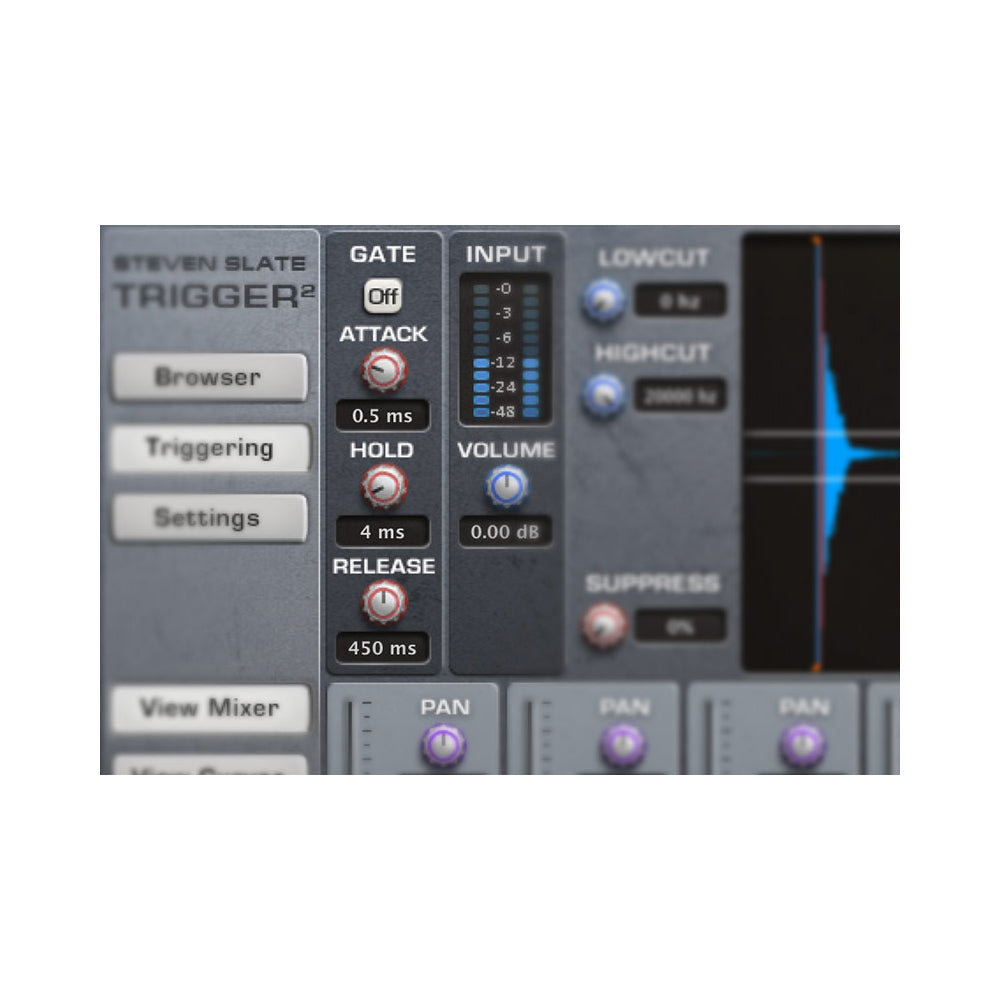


One category depends upon external triggers to experience the localized sensation and its associated feelings, which typically originates in the head, often reaching down the neck and sometimes the upper back. Analysis of this anecdotal evidence has supported the original consensus that ASMR is euphoric but non-sexual, and has divided those who experience ASMR into two broad categories of subjects. Though little scientific research has been conducted into potential neurobiological correlates to the perceptual phenomenon, with a consequent dearth of data with which to explain its physical nature, personal commentary from forums, blogs, and video comments have been analyzed to describe the phenomenon. It has been described as "a static tingling sensation originating from the back of the head, then propagating to the neck, shoulder, arm, spine, and legs, which makes people feel relaxed and alert". The tingling sensation on the skin in general, called paresthesia, is referred to by ASMR enthusiasts as "tingles" when experienced along the scalp, neck, and back. The subjective experience, sensation, and perceptual phenomenon of ASMR is described by some of those susceptible to it as "akin to a mild electrical current.or the carbonated bubbles in a glass of champagne". In that interview, Allen explained she selected the word meridian to replace the word orgasm and said she had found a dictionary that defined meridian as "a point or period of highest development, greatest prosperity, or the like". Response – referring to an experience triggered by something external or internalĪllen verified in a 2016 interview that she purposely selected these terms because they were more objective, comfortable, and clinical than alternative terms for the sensation.Meridian – signifying a peak, climax, or point of highest development.Sensory – about the senses or sensation.Autonomous – spontaneous, self-governing, with or without control.Allen chose the words intending or assuming them to have the following specific meanings: In 2010, Jennifer Allen, a participant in an online forum, proposed that the phenomenon be named "autonomous sensory meridian response". Įarly proponents of ASMR concluded that the phenomenon was generally unrelated to sexual arousal. However, the argument for sexual arousal persists, and some proponents have published videos categorized as ASMRotica (ASMR erotica), which are deliberately designed to be sexually stimulating. Many differentiate between the euphoric, relaxing nature of ASMR and sexual arousal. 8 Comparisons and associations with other phenomenaĪlthough many colloquial and formal terms used and proposed between 20 included reference to orgasm, a significant majority objected to its use among those active in online discussions.


 0 kommentar(er)
0 kommentar(er)
